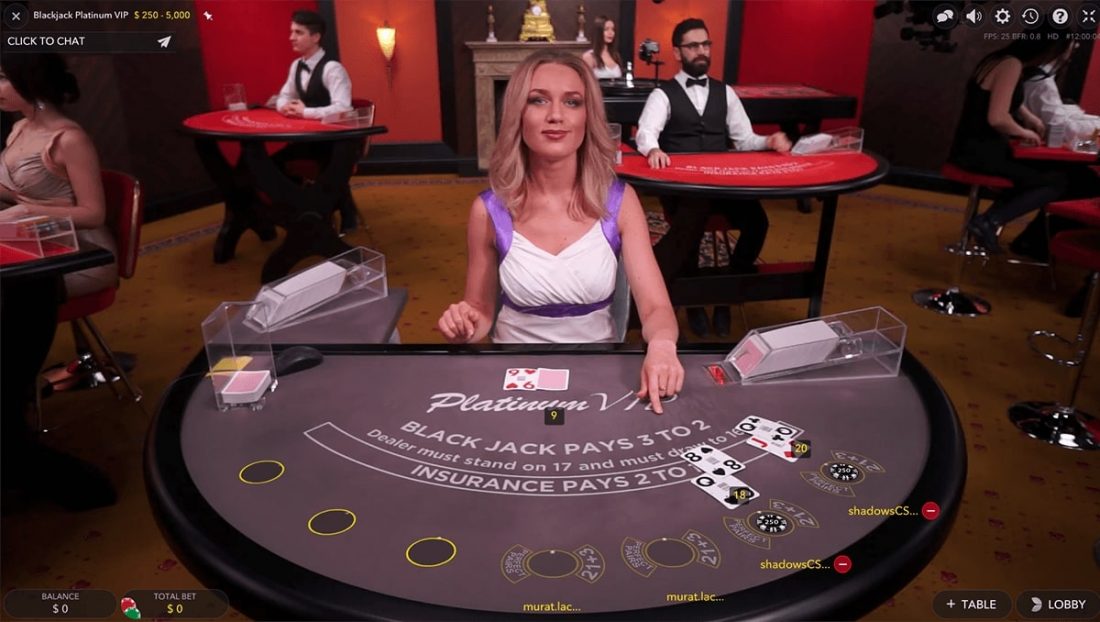Blackjack Winner’s Guides
Introduction
Also known as Twenty-One, Blackjack is a casino game that involves comparisons of card values of players and the dealer. Learning how to play, win, or deal blackjack is quite simple. Moreover, players have a great opportunity to employ powerful strategies, with odds sometimes going in favor of experts. This game is one of the most inviting casino activities since the house has fewer odds, even for casual participants. Blackjack has several variants, including:
- Classic
- Progressive
- European
- Atlantic City
- Spanish 21
- Vegas Strip
- Pontoon
- Super Fun 21

How to Play Blackjack
Playing blackjack is one of the simplest things to do. While house rules and deck numbers vary from one casino to another, the basics remain the same. Here is the procedure for one round of the game:
1. Begin by buying chips at the table.
2. Place your bet.
3. Wait for the dealer to deal cards to you.
4. Wait for your turn to play. The dealer begins with the “first base” (the player on their left). You can play your hand in five ways depending on the situation at hand:
- You can stand, which means holding your total and ending your turn. If you do this, the dealer will be forced to skip to the next punter in line.
- You could also ask for more cards from the dealer to enhance your hand’s total, an option called hit. You will receive one card after another until you’ve “busted” (gotten a total that’s above 21) or chosen to stand.
- Double down. This means placing an extra wager that equals your ante (initial bet) to get an extra card.
- Opt to split your cards. This is only possible if you’ve got a pair (or two cards of the same face value) as your initial hand. A split involves creating two new hands from your first two cards. Therefore, it requires you to place an extra wager for the new hand. This bet equals your original one.
- If your initial hand is poor, you can opt to surrender. This means you give up the hand to get half of your first wager back.
5. Wait for other players (if any) to play their hand.
6. Let the dealer play their hand.
7. It’s now time for payouts. You win if the dealer busts or your hand’s total exceeds the dealer’s. If your total and that of the dealer are the same, it’s a “push” (you get your money back).
How to Win Blackjack
In most casino games, you will be contending against the house edge. It’s quite easy to lose your bankroll in the end if you don’t play well. Of course, there are times you can reap a great harvest if the right cards land into your hand. However, the best way to be good at blackjack is to learn some tricks on how to beat the house. Here are some of them:
- If your bankroll is minimal, find a table where the stakes are at the minimum. Some houses can even offer free games when it’s off-peak.
- It’s advisable to split aces and eights. This may not look like a good idea, but it increases your winning odds.
- Some tables have the dealer standing on a Soft 17. You should always look for such. The house edge for these tables is lower.
- If you suspect your hand could bust against the face-up card (like 4,5 or 6) in the dealer’s hand, stand.
- Tables with double-down options have reduced house edge. Some casinos permit players to double down with a 10 or 11, while others let punters do that with two cards of their choice. Look for such tables and apply a good strategy.
- Double down if the face-up card of the dealer is a 6 and there’s an Ace in your hand. However, avoid this option if you have a Soft 20. Also, unless there’s a Soft 19 or 20 in your hand, double down if the dealer has a 5.
- Choose a basic strategy (like Martingale or Paroli system) to use. It will save you from making wrong decisions. Additionally, it can direct your steps so that you play more correctly.
- Decide when to surrender carefully. If you do so, it will diminish the house edge. You should only surrender when:
- Your hard total is 16, and the dealer has an Ace, a 9, or a 10.
- Your hard total is 15, and the dealer has an Ace or a 10.
- Avoid side bets such as insurance wagers at all costs. They have a higher house edge even though they cost less than normal bets.
How to Deal Blackjack
Playing the part of a dealer in blackjack isn’t much different from regular play. However, you have some extra work, including distributing chips and cards to other players. Additionally, you should have a good understanding of the game’s rules to become a dealer. While there may be no single procedure for dealing blackjack, there are some basic guidelines to follow.
- Begin by shuffling the cards using different techniques to ensure randomization.
- Give each player a chance to place their wagers. Do not deal cards before they are done placing their bets.
- Starting from the left to the right, deal one card face-up to each player.
- Deal to yourself one card face-down.
- Deal to each player one extra card face-up and yourself an additional face-up card.
- If your face-up card is an Ace, ask whether any of the players would place an insurance wager.
- If the next player in line desires to hit, deal them one card. Allow them to hit as many times as possible, giving them an extra card each time they do.
- If a player’s hand totals above 21, discard their cards and take their chips away.
- Skip dealing cards to a gambler to ask to stand. Go to the next player.
- After every player has played, it’s your turn to play. Reveal your face-down card and calculate your hand’s total. If you got a blackjack (total of 21), you’re the winner. Otherwise, if your total is 16 or lower, continue dealing yourself cards until you go over 17.
- Compare your hands total with those of the punters. If your total is closer to 21 than theirs, then you win. Otherwise, you lose. A push can also happen.
- If players win, payout their wagers.
- Discard and shuffle the used cards with the remaining cards in the deck. For multiple decks, you only shuffle when you’ve played half of the total cards.
What is Insurance in Blackjack?
If the dealer has an Ace as the face-up card, a player can place a wager that is half the value of their original stake. This bet is called insurance in blackjack. It’s betting that the dealer will hit a blackjack. This wager is only complete when the dealer reveals their second card.
Taking insurance in blackjack isn’t the best idea unless you are a card counter. Taking a quick look at the mathematics behind this wager shows that a player is likely going to lose to the house in the end. The odds against the dealer hitting a blackjack are about 9 to 4. This means players can lose over half of these side bets. Besides, the wager only pays out 2 to 1.
How Many Decks are in Blackjack?
There are up to 8 decks in blackjack. Friends who play at home can enjoy the game with just one or two decks. However, casino versions commonly employ 6 or 8 decks of cards. Each deck has standard 52 cards, with the exemption of jokers.
The number of decks in blackjack have an impact on the house edge. Games with fewer decks have a house edge of 0.5%. However, more decks mean an increased house edge. Casinos benefit from multiple-deck versions of the game because players find it harder to count cards.
How to be Good at Blackjack?
Maybe you have sat at the table several times, but you’re now looking to be good at blackjack. While it may take time, you can become a pro in the game. Here are the main things you need to do to reach there:
- Dedicate much of your time and effort to understanding the game. Learn all the rules and variants of the game. Moreover, examine every strategy.
- Become a card counter to better predict the cards you will draw from the deck.
- Manage your bankroll properly. Do not bet more than you are willing to lose.



